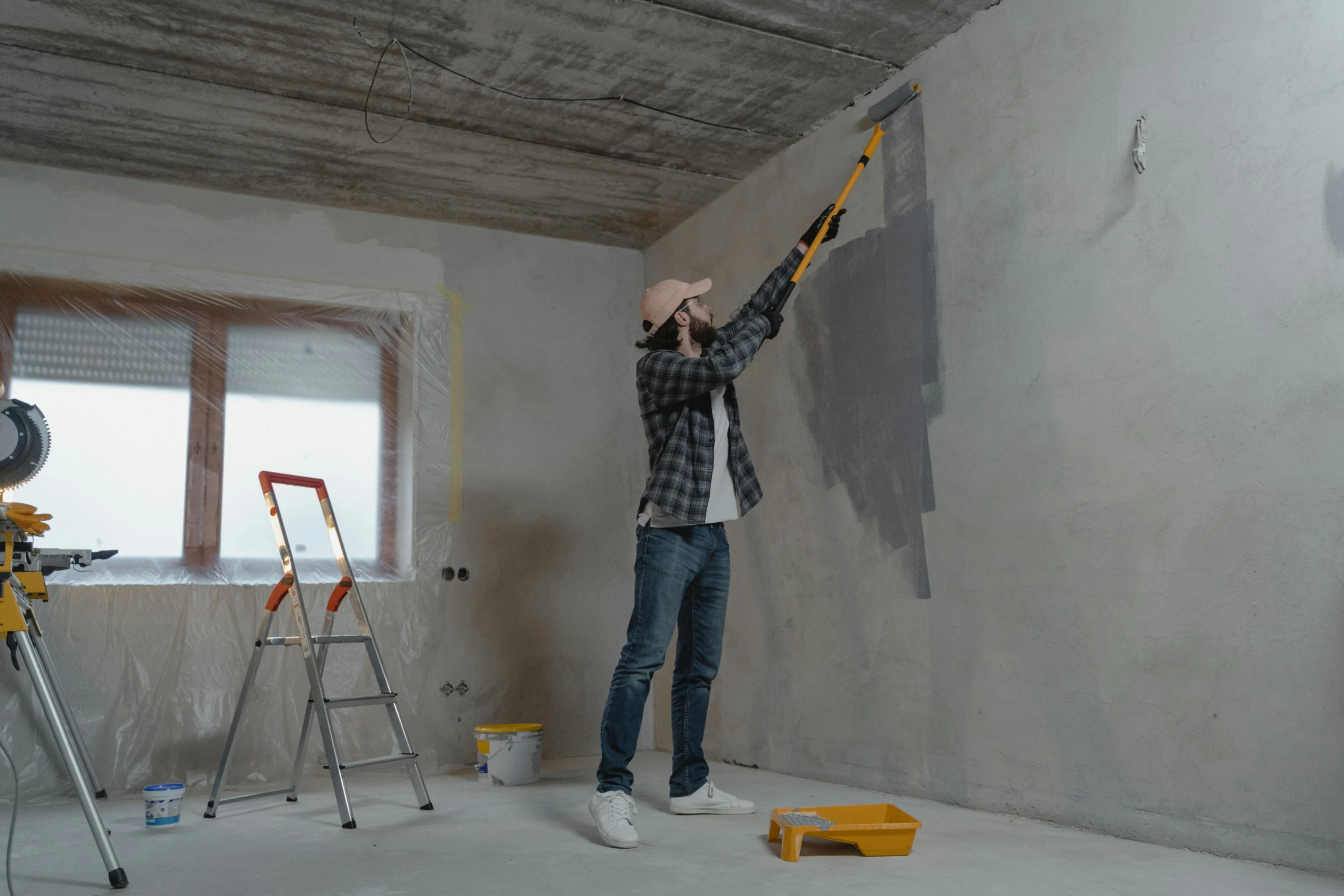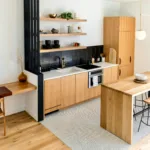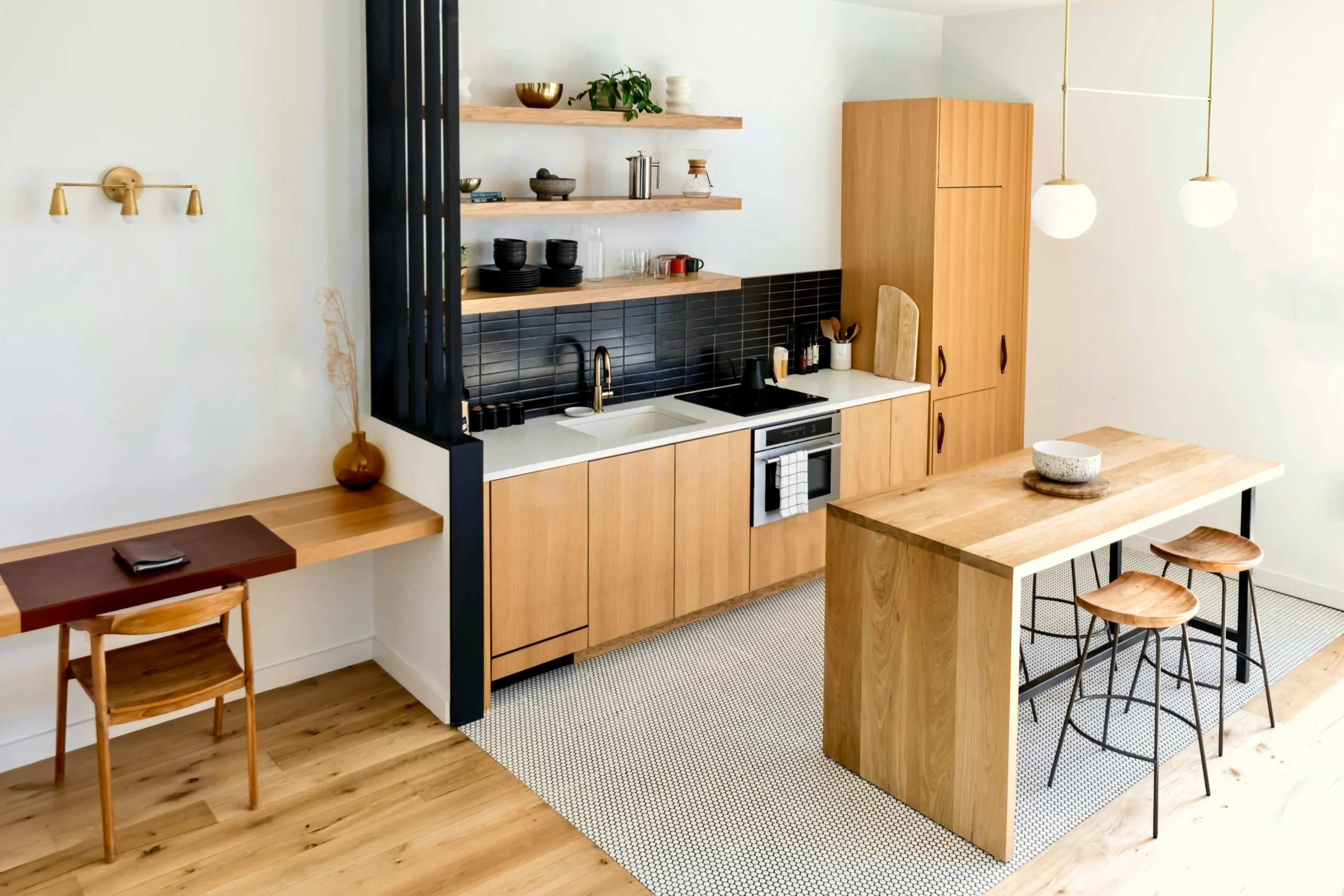Apartment Renovations: What You Can and Can’t Do Without a Permit
We all want our homes to feel truly ours. A space that reflects our taste, our needs, our rhythm. But if you live in an apartment—especially in a shared building—there are boundaries. Not everything is yours to change. In Cyprus, the law is very clear about what you can legally modify inside your apartment without needing official permission.
Many homeowners (and tenants) assume that anything done “within their walls” is fair game. But under the Streets and Buildings Law and the Law on Jointly-Owned Buildings, there are clear regulations on structural changes, shared areas, and the building’s external appearance.
What is generally allowed without a permit?
Minor, internal renovations that do not affect the building’s structure or façade are usually fine:
- Changing floor tiles, repainting, or installing wardrobes
- Updating kitchen cabinetry or appliances
- Installing partitions (e.g., plasterboard, not concrete)
- Upgrading bathroom fixtures or electrical installations (through a licensed professional)
What is not allowed without a permit?
Any change that impacts the structure, shared areas, or external look of the building requires prior approval. Examples include:
- Removing or altering load-bearing walls
- Closing in balconies or adding roofed extensions
- Installing external air conditioners without consent
- Modifying the main entrance or shared stairwells
- Adding solar panels or water heaters to shared rooftops
Even internal changes that alter the designated use of a space (e.g., converting storage into a bedroom) may require permission. And in apartment buildings, management or owner consent may also be needed.
Bottom line:
Before making changes to your apartment, especially structural ones, always check with a licensed architect or civil engineer and consult your building’s administration. What seems like a “small project” can lead to legal headaches if done without the proper process.








